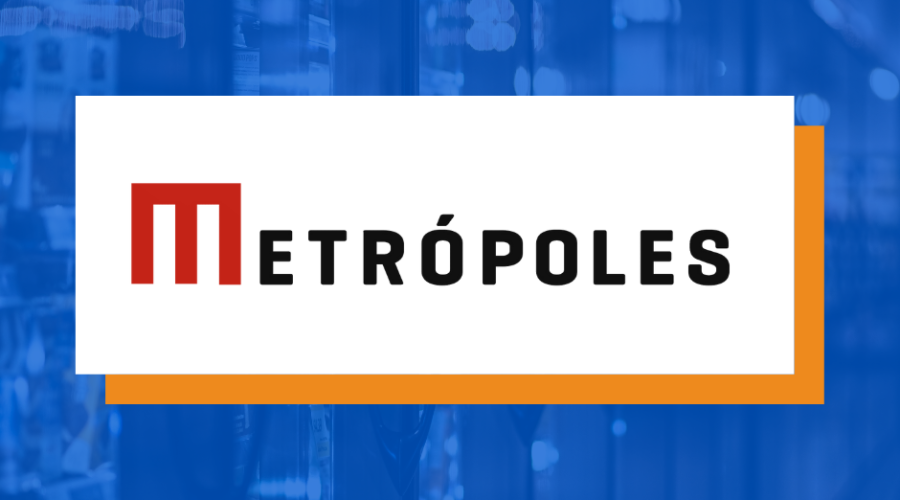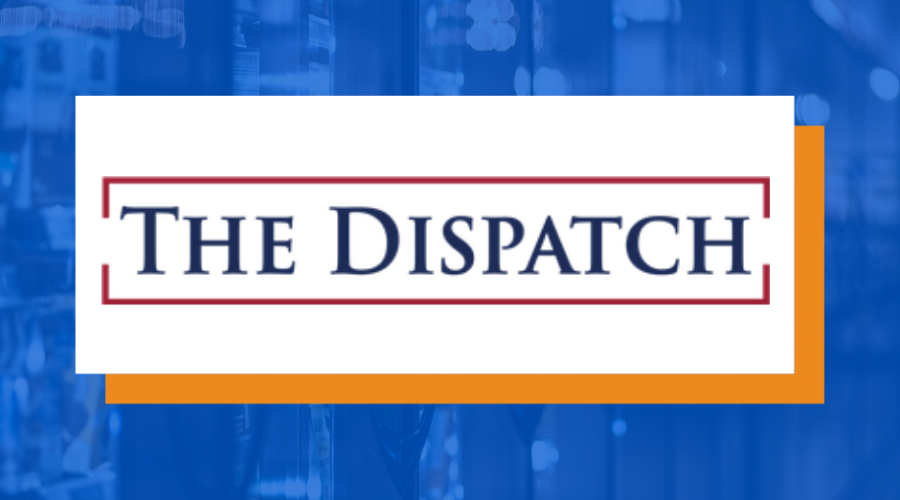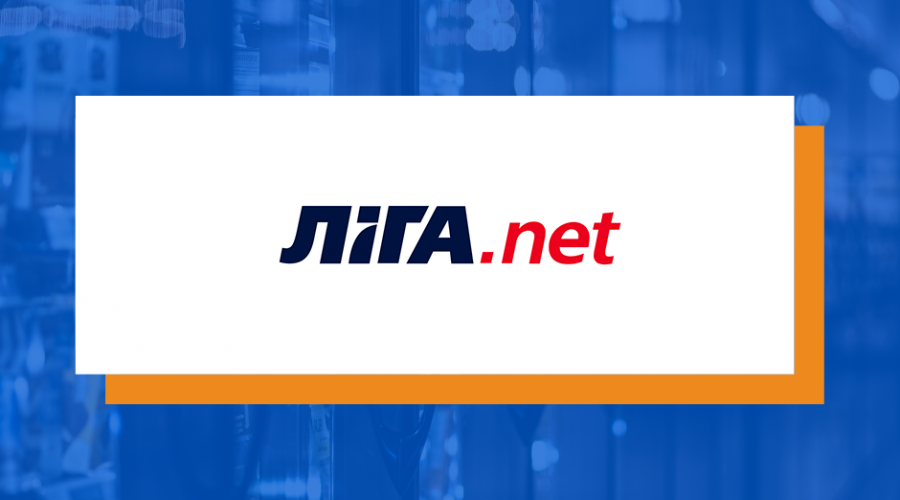Deputados europeus defendem quebra de patentes a Lira e Pacheco
Congresso Nacional dará palavra final ao veto de Jair Bolsonaro sobre quebra temporária de patentes de vacinas
O Parlamento Europeu defendeu que o Congresso Nacional derrube um veto de Jair Bolsonaro sobre a quebra temporária de patentes de vacinas e medicamentos para enfrentar emergências sanitárias. A carta foi enviada nesta quarta-feira (17/11) ao presidente da Câmara, Arthur Lira, e ao presidente do Senado, Rodrigo Pacheco.
Oito deputados do Parlamento Europeu defenderam que o Congresso volte a exigir que donos de patentes transfiram o conhecimento das suas tecnologias. “O direito humano à saúde tem precedência sobre regras em aspectos comerciais de propriedades intelectuais”. O documento faz menção ao acordo Trips, lei de patentes internacional da qual o Brasil é signatário.
Read the full article here




